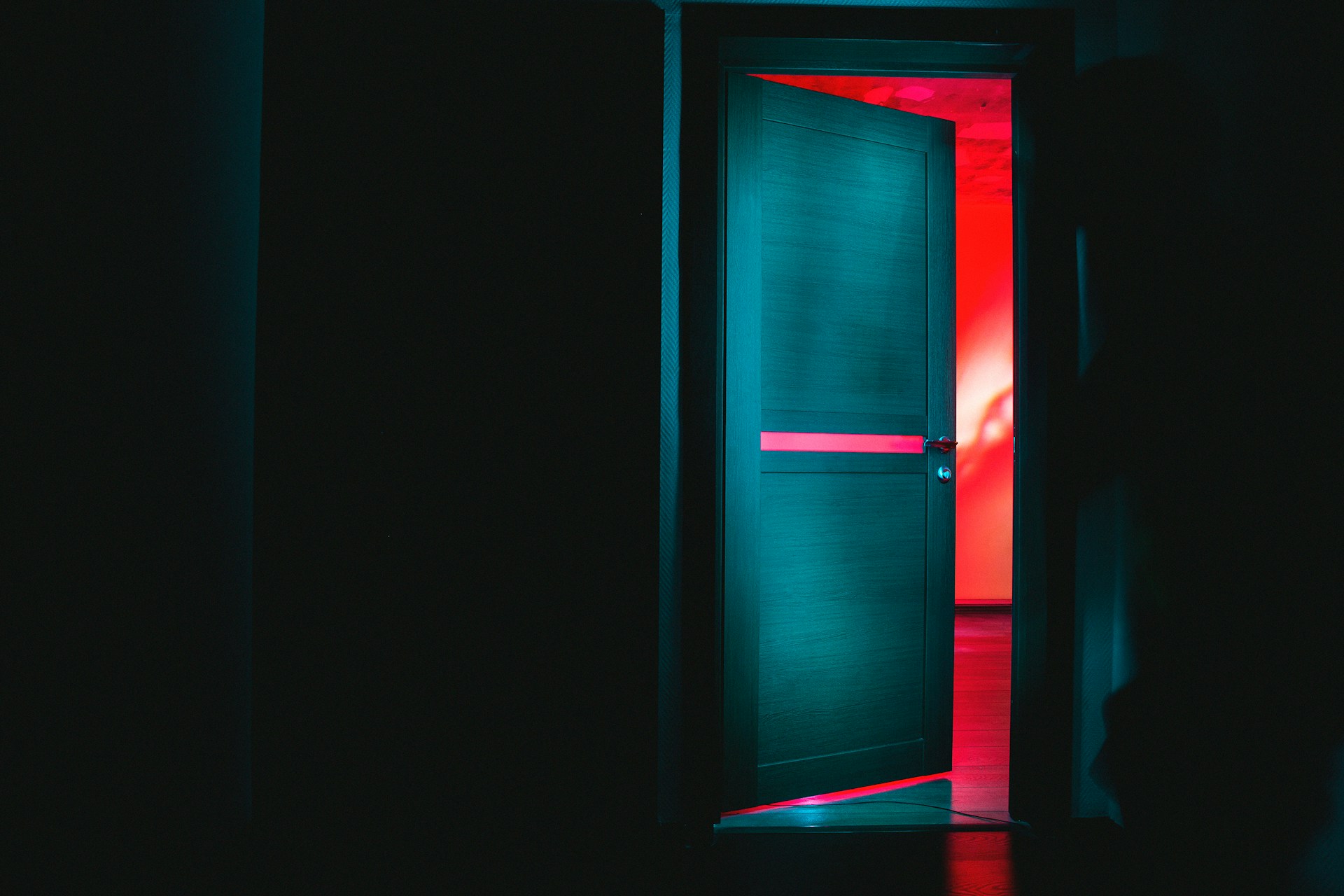

Question: Does Closing Doors to Unused Rooms Save Energy?
Answer: Yes, closing doors to unused rooms saves energy. It reduces the volume of space your HVAC system needs to heat or cool, leading to lower energy consumption and costs.
Optimizing Home Energy Efficiency: The Impact of Closed Doors
Does closing doors to unused rooms save energy? This seemingly simple question has sparked numerous debates among homeowners. While the answer might appear obvious, the actual impact on energy consumption involves a more nuanced understanding of home thermodynamics and ventilation systems. This article looks into the science behind closed doors and their effect on your energy bills.
Understanding Heat Transfer in Your Home
Before exploring the effects of closed doors, it’s crucial to grasp the basics of heat transfer. Heat naturally flows from warmer areas to cooler ones through three primary mechanisms: conduction, convection, and radiation. In a home, these processes contribute to temperature fluctuations and influence how your heating and cooling systems operate.
Conduction
Conduction involves the transfer of heat through direct contact. For example, when a hot pot touches a cool countertop, heat transfers from the pot to the counter.
Convection
Convection involves the transfer of heat through the movement of fluids (liquids and gases). Warm air rises, while cool air sinks, creating circulating currents that distribute heat throughout a room or a house.
Radiation
Radiation is the transfer of heat through electromagnetic waves. The sun’s warmth reaching the earth is a prime example of radiation.
Click here for more information on realtor reviews Orangeville, Ontario
Related Article: Is It Worth Changing From Gas to Electric Heating?
Related Article: Which Appliance is a Real Energy Drainer?
Potential Drawbacks of Closing Doors
While closing doors offers several advantages, it’s essential to consider potential drawbacks, particularly concerning air circulation and potential moisture build-up:
Reduced air circulation
Closing off too many rooms can restrict airflow within your home. Stagnant air can lead to a build-up of pollutants and a decrease in indoor air quality.
Increased humidity and mould growth
In rooms with limited ventilation due to closed doors, humidity levels can rise, creating an environment conducive to mould and mildew growth. This is especially pertinent in areas like bathrooms and basements.
Balancing Energy Savings with Air Quality
To maximize energy savings without compromising air quality, consider these strategies:
Strategic door closing
Focus on closing doors to rooms that are infrequently used, such as guest rooms or storage areas. Avoid closing off rooms with ventilation systems, like bathrooms or kitchens, for extended periods.
Regular ventilation
Even with closed doors, ensure adequate ventilation throughout your home. Open windows periodically to refresh the air and regulate humidity levels. Utilize bathroom and kitchen exhaust fans to remove excess moisture.
HVAC system maintenance
A well-maintained HVAC system operates more efficiently, regardless of whether doors are open or closed. Schedule regular maintenance checks to optimize performance and identify potential issues.
Considering Your Specific Home and HVAC System
The optimal approach to door management for energy efficiency depends on the specifics of your home and HVAC system. Factors such as the size and layout of your home, the type of insulation, and the efficiency of your furnace or air conditioner all play a role.
Forced-air systems
In homes with forced-air heating and cooling, closing doors to unused rooms generally leads to greater energy savings. These systems rely on distributing conditioned air throughout the home, and closing doors reduces the volume of air they need to process.
Radiant heating systems
In homes with radiant heating, such as in-floor heating, closing doors might have a less pronounced effect on energy savings. These systems heat objects directly rather than the air, and heat transfer through walls and floors continues regardless of door position.
Consult an HVAC professional
For personalized advice, consult a qualified HVAC professional. They can assess your specific situation and recommend strategies for optimizing energy efficiency while maintaining proper ventilation and air quality.
Conclusion
Does closing doors to unused rooms save energy? In many cases, yes. By strategically managing airflow and compartmentalizing your home, you can reduce your HVAC system’s workload and lower your energy bills. However, it’s crucial to balance energy savings with proper ventilation to maintain healthy indoor air quality. By considering the specific characteristics of your home and HVAC system, and implementing appropriate ventilation practices, you can enjoy the benefits of energy savings without compromising comfort or well-being. [ 1 ]
References
1. https://scoophvac.com/do-closed-doors-reduce-heating-cooling-costs/


